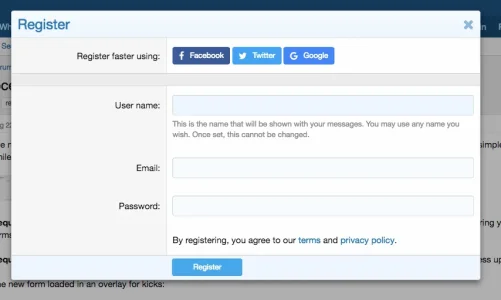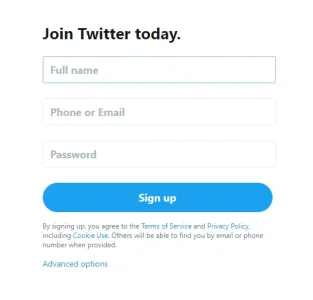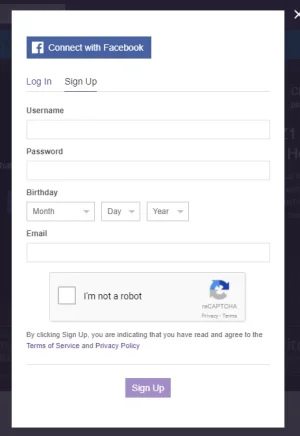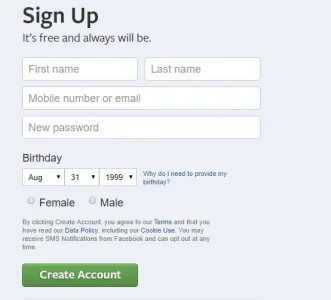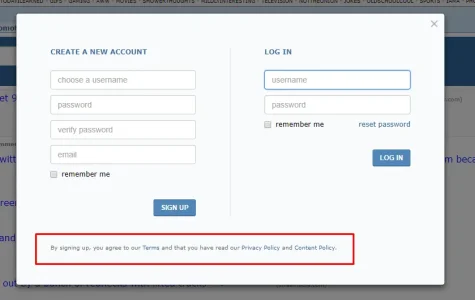I've noticed a lot of discussion on the registration process but no specific suggestion (to an extent). I too am really fond of a simple way of signing up, while DOB is optional I think it should be taken a step further:
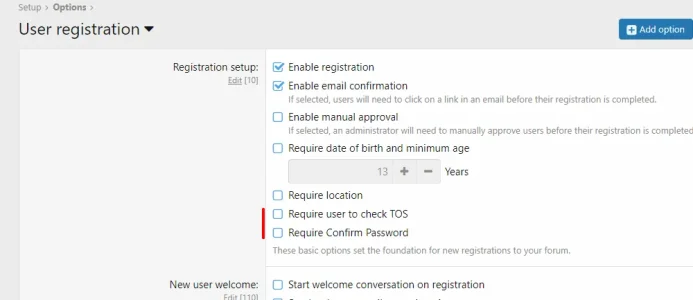
Require user to check TOS: This would be nice if a user didn't have to actually check the box, instead, a simple "By registering you're agreeing to our terms and rules.
Require Confirm Password: Simply takes out the second password step, lost-password link always there if they were to mess up.
The new form loaded in an overlay for kicks:
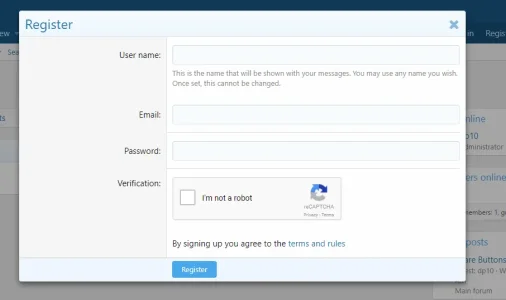
reCaptcha is optional of course.
Lastly upon completion a nicer completion screen would be nice, old one:

New ideas with a quick edit:
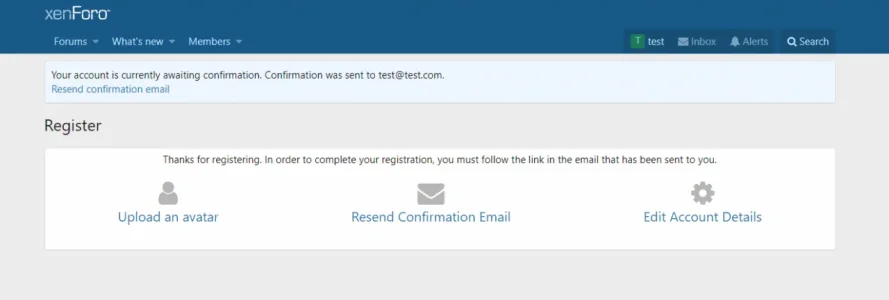

Require user to check TOS: This would be nice if a user didn't have to actually check the box, instead, a simple "By registering you're agreeing to our terms and rules.
Require Confirm Password: Simply takes out the second password step, lost-password link always there if they were to mess up.
The new form loaded in an overlay for kicks:

reCaptcha is optional of course.
Lastly upon completion a nicer completion screen would be nice, old one:

New ideas with a quick edit:

Last edited:
Upvote
33
